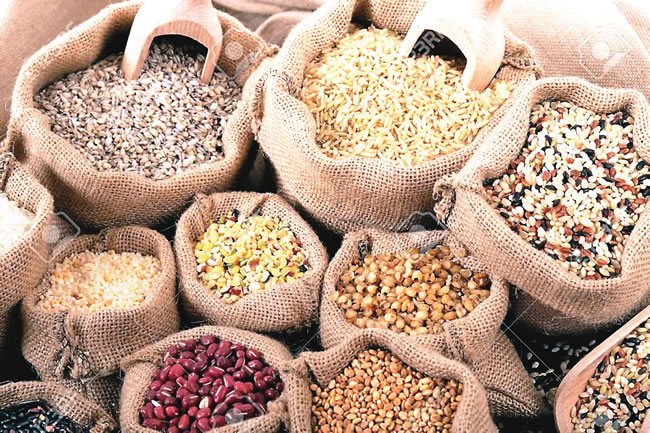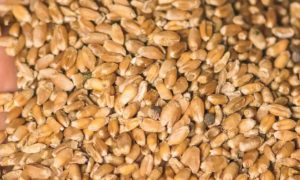Andhra government to promote 11 major crops as ‘Growth Engines’

Andhra Pradesh has launched a major initiative to boost 11 key crops as ‘Growth Engines’ to raise farmer incomes and drive 15% agri-growth under its Swarna Andhra @2047 vision. Focus crops include maize, pulses, oilseeds, and cotton. Maize is being promoted for ethanol, offering a water-efficient alternative to paddy. The move aims to enhance productivity, exports, and sustainability.
VIJAYAWADA: The Andhra Pradesh government has unveiled an ambitious plan to promote 11 key agricultural crops as ‘Growth Engines’ to increase farmers’ income, regulate crop production, and boost productivity.
This initiative, highlighted in the recent Agriculture Budget presented by Agriculture Minister K Atchannaidu in the State Assembly, aligns with the State’s vision of achieving a USD 2.4 trillion economy by 2047 under the Swarna Andhra @2047 framework.
The strategy emphasises farmers and agri-tech as one of the 10 guiding principles to drive a 15% annual growth rate, focusing on increasing the productivity of these crops and expanding natural farming.
The 11 crops identified for promotion include cereals (maize, jowar, paddy and millets), pulses (black gram, red gram and bengal gram), oilseeds (groundnut and sesame), fibre (cotton), and commercial crops (tobacco).
According to senior officials from the Agriculture Department, these crops cater to diverse needs—food for human consumption, feed and fodder for animal husbandry, and fuel, particularly bio-ethanol.
The growing demand for ethanol, driven by India’s push for 20% blending in fuel, has spotlighted maize and sugarcane as critical feedstocks. While molasses from sugarcane is a traditional source for ethanol, the government is now encouraging maize-based ethanol production to meet the target, given its lower water consumption and cost-effectiveness.
Nationally, achieving 20% ethanol blending requires approximately 165 lakh metric tonnes of foodgrains. Globally, maize is a preferred feedstock for ethanol due to its efficiency, but in India, its use remains limited. Most grain-based distilleries rely on damaged food grains (DFG) like broken rice or rice from the Food Corporation of India (FCI).
Promoting maize for ethanol production could address this gap, ensuring feedstock security without over-relying on a single crop. Additionally, maize-based ethanol is more economical, and environmentally sustainable, requiring less water than other crops like paddy.
By linking maize to ethanol production, the government aims to create a steady demand, ensuring better prices and encouraging farmers to cultivate this water-efficient crop.
This approach not only benefits farmers but also supports distilleries by guaranteeing feedstock availability, fostering a win-win scenario. Moreover, increased maize cultivation could contribute to water conservation, given its lower requirement compared to paddy.
Paddy remains the most cultivated and consumed crop in Andhra Pradesh, with farmers favouring medium slender varieties like Kurnool Sona Masoori, RNR, and Samba Masoori due to local demand.
However, the Agriculture Department is now promoting the ‘1010’ paddy variety—a 6 mm grain with significant export potential, particularly in African markets. Although this variety is less preferred locally, its global demand could open new income streams for farmers.
In the pulses sector, domestic demand outstrips supply, necessitating imports. The government’s focus on black gram, red gram, and bengal gram aims to bridge this gap. Groundnut, a staple in Rayalaseema, particularly Anantapur, remains a preferred choice for edible oil, while sesame is gaining traction due to rising demand.
Cotton, especially extra-long staple varieties like Egyptian cotton, is also being prioritised, with measures to ensure quality during packaging and ginning to meet export standards.
Agriculture Department Director S Dilli Rao emphasised that the initiative seeks to maximise farmers’ income with minimal inputs.
To Read more about Maize News continue reading Agriinsite.com
Source : The New Indian Express
















